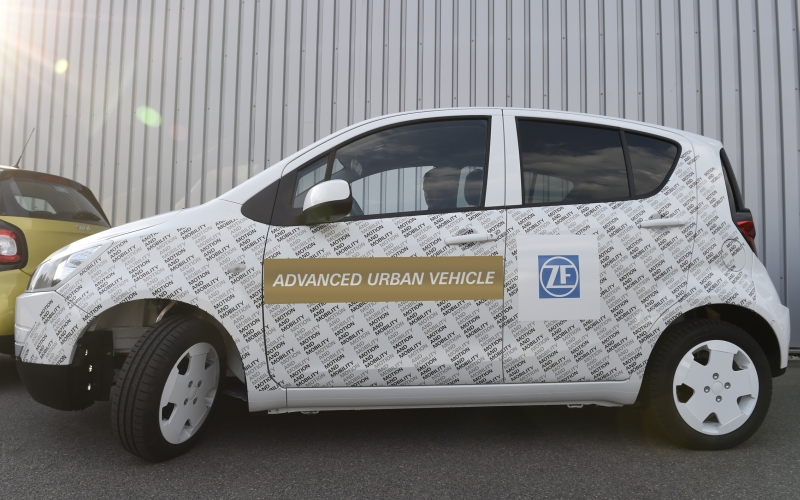
Automation
Dr Alois Seewald, who is at the core of automation engineering at ZF, explained that automation is gaining importance in the automotive industry so much so that the 2016 NCAP five-star rating will require automated braking for both objects and pedestrians. He also clarified that, in effect, there are five levels of automated driving. Level One is assistance via longitudinal and lateral system integration; park assist, for instance. Level Two involves partial automation with detection systems which alert and/or correct, such as lane keep assist or a blind-spot monitor. Level Three is conditional automation. Level Four is highly automated assistance, the likes of radar-based adaptive cruise control. And, finally, Level Five is a fully automated vehicle, which is alert about its surroundings and can drive as well as park itself.
Dr Seewald also reiterated that automated driving isn’t mandatory, and that it depends on the traffic situation and desire for the driver not to be as involved in the active function of driving the car. However, essential preventive safety measures look set to become a mandate across the EU.
Advanced Urban Vehicle (AUV)
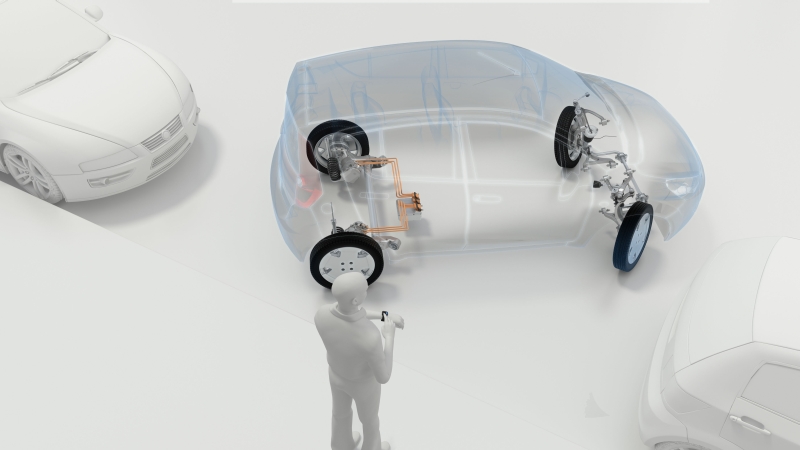
With their AUV, ZF aim to redefine urban mobility. The car has a suite of electronic systems to allow for self-awareness. The use of axle power systems or the eTB allows drive from the rear, leaving the front open for modification. The battery pack is mounted in the centre and the front. The wheel-wells have been expanded to allow for a much higher steering angle — as much as 75º — which makes parking child’s play. The AUV can also be controlled using a portable device — like an iPad, for instance — to facilitate parking in tight spots.
With power electronics not just for the drive but also for the varied list of support systems, such as smart parking assist, the AUV packs it all in a lightweight body with enhanced chassis and steering technology as well.
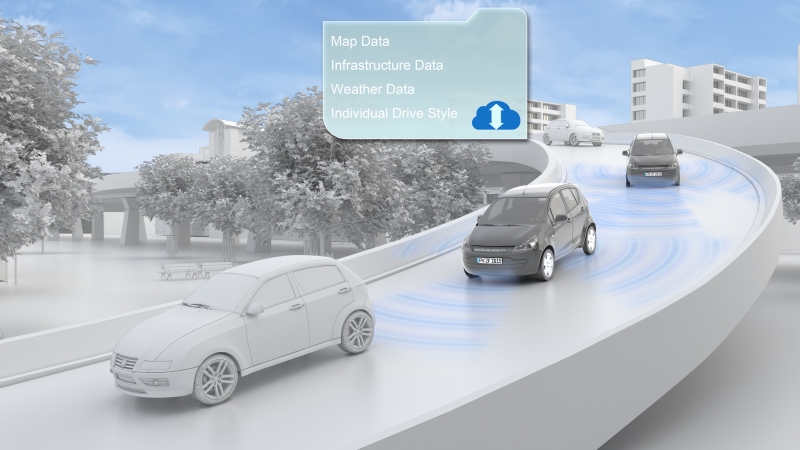
The AUV will also be connected to the cloud. With PreVision Cloud Assist, it will have access to a database of travel-related infrastructure and safety information making every drive safer, while also contributing to the data server with any new developments it may encounter. This will benefit other road-users as well.
Highway Driving Assist
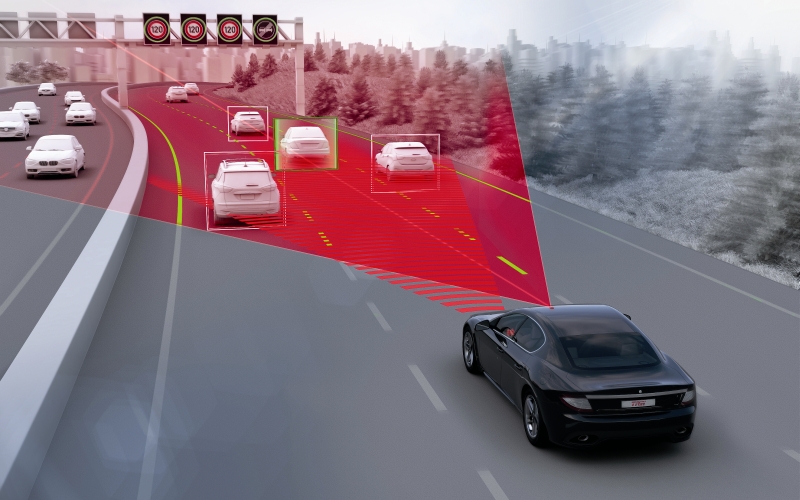
With Highway Driving Assist, the car is empowered with automatic steering, braking and acceleration when on the move. It uses a combination of adaptive cruise control and lane-recognition to maintain its line and a set distance to vehicles ahead. While the present system only reads forward, the next stage will feature a 360º sensor system with lateral capabilities, allowing lane-changes to be performed with just a flick of the turn-indicator stalk.
Automatic Emergency Braking (AEB)
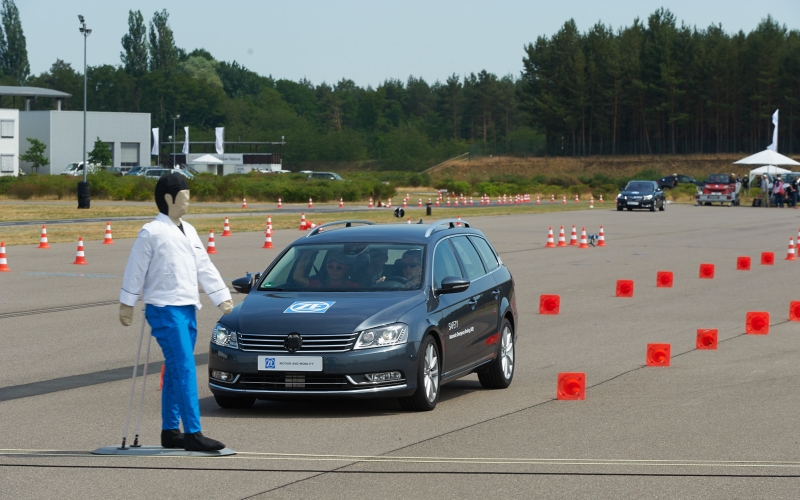
Having your car step in and brake when your attention is elsewhere and a collision is imminent is always a boon. With more advances in detection technology, the AEB uses a combination of radar and data fusion of radar and camera to ascertain most kinds of obstruction ahead, be it cars, motorcycles or pedestrians. If a collision is imminent, the AEB will autonomously brake the vehicle to prevent it. This works at speeds of up to 50 km/h. AEB will also intervene if the braking force applied by the driver is inadequate for the braking distance in question.


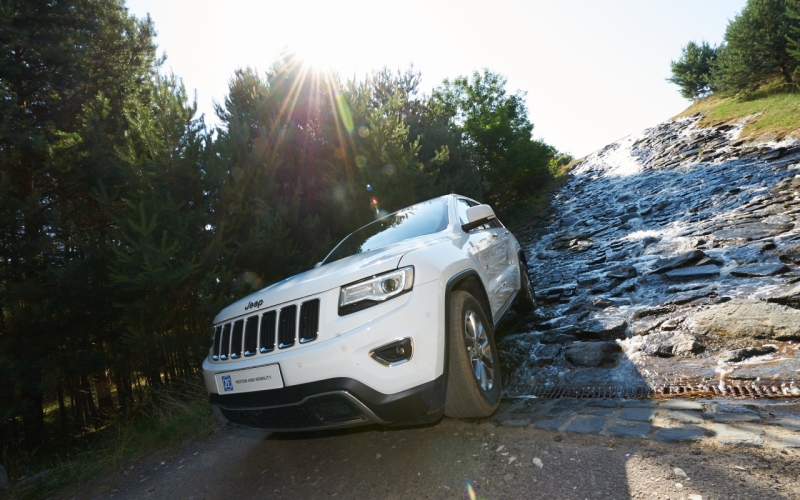


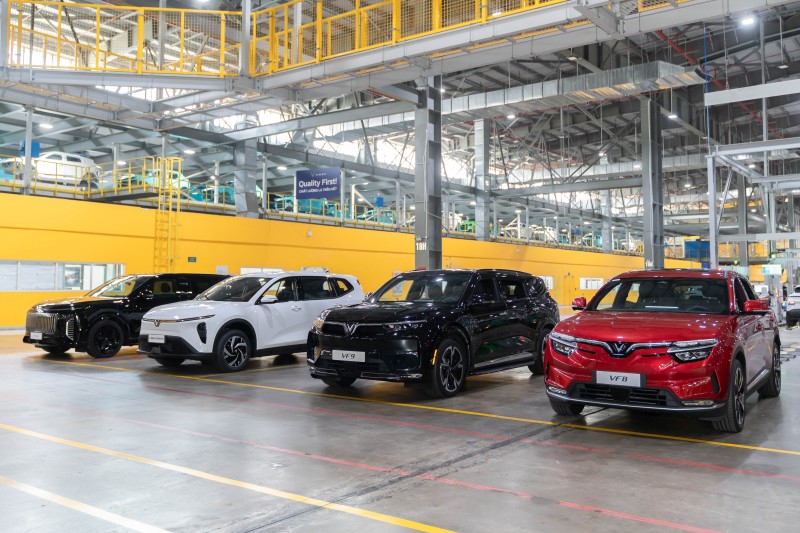
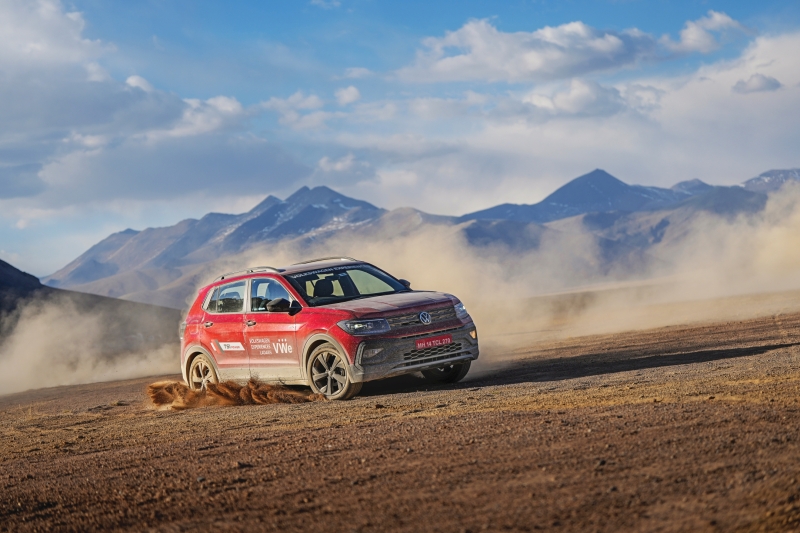
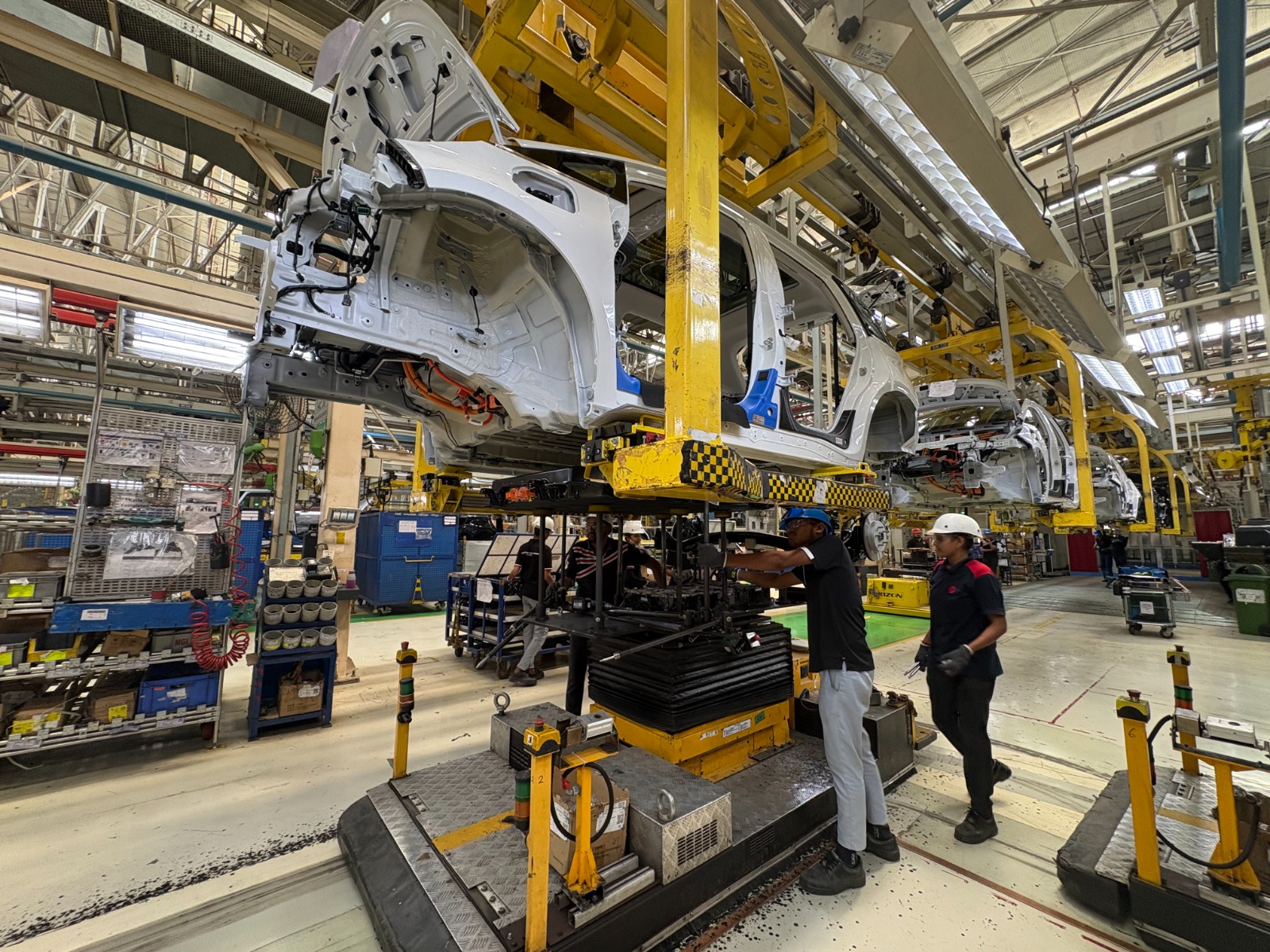
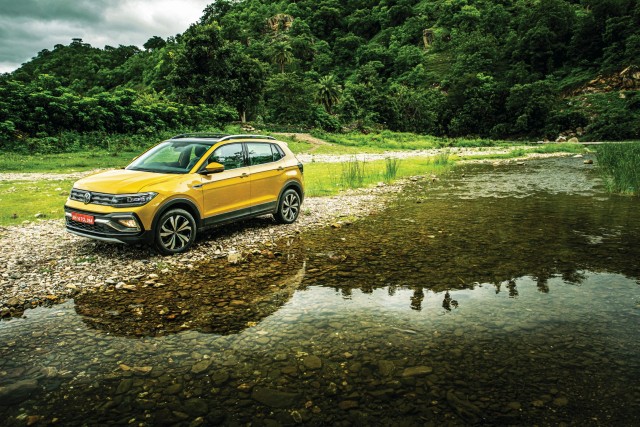
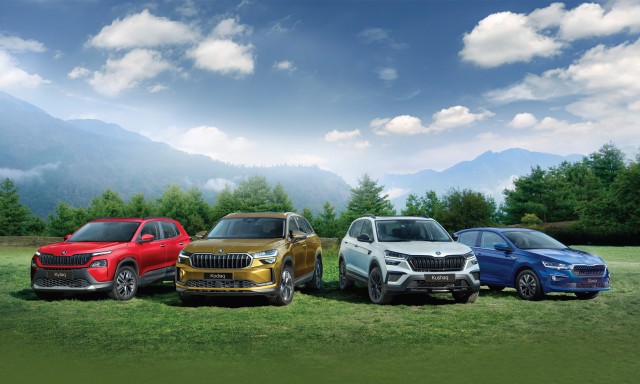
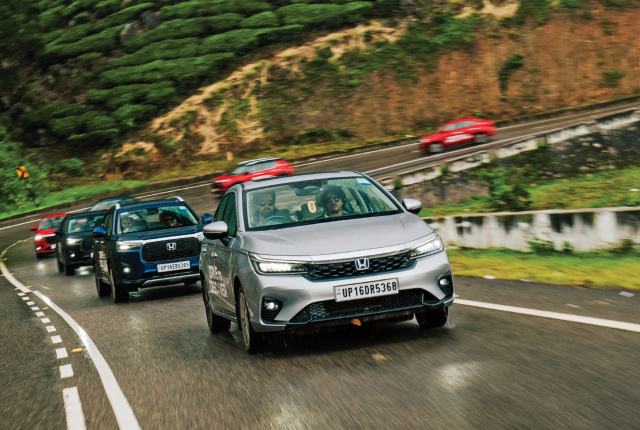
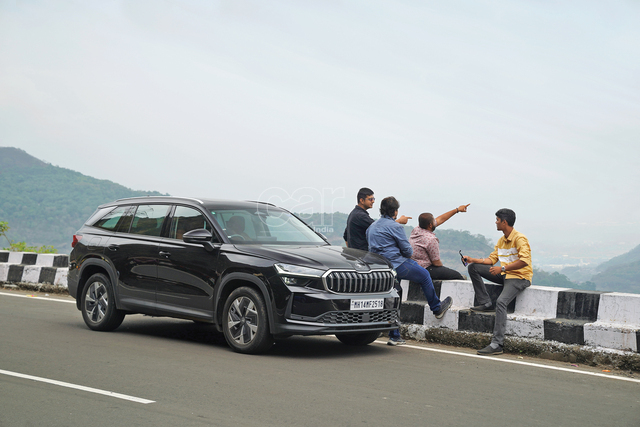




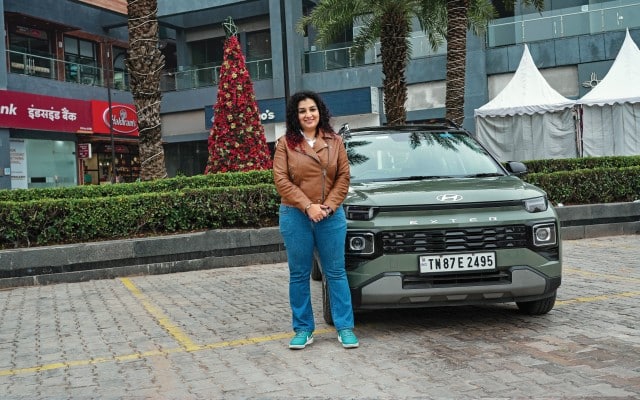


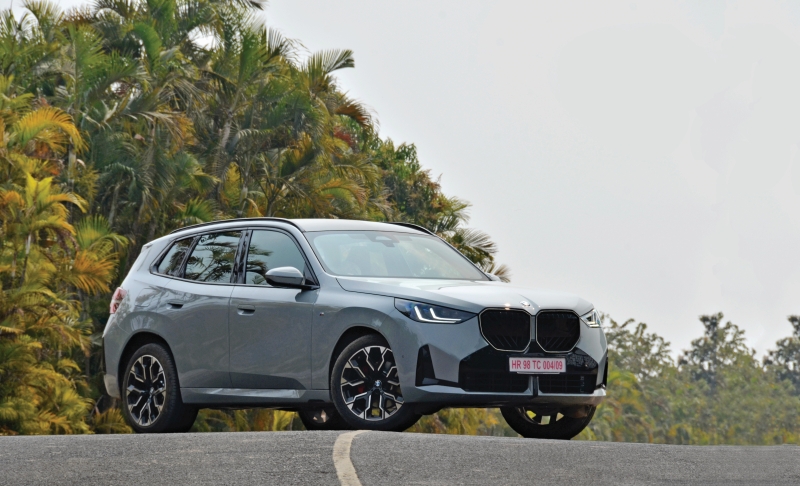

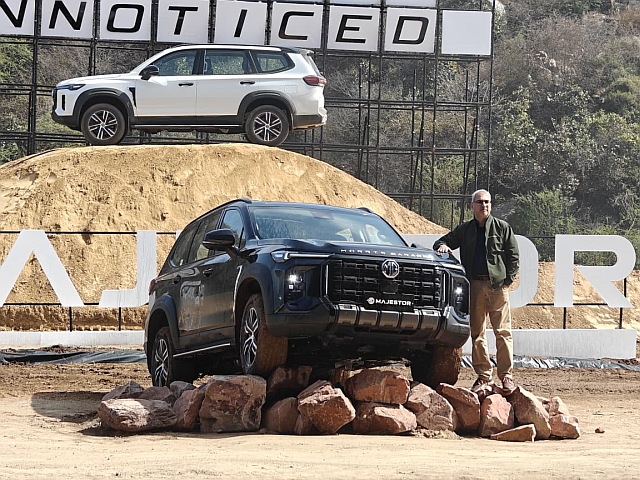
Leave a Reply